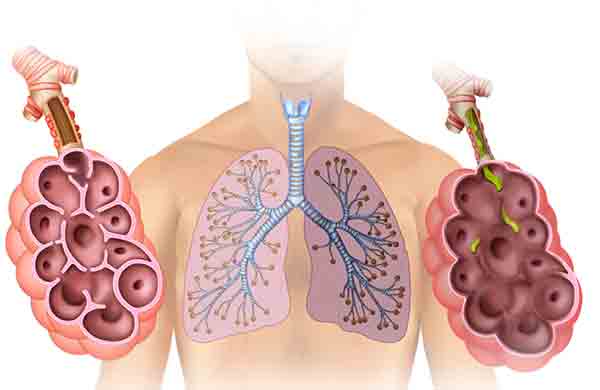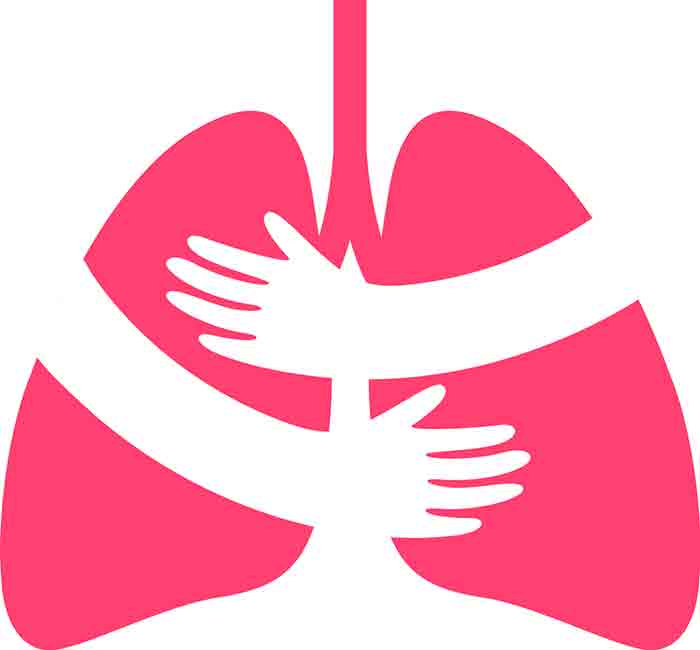Smoking is not only bad for your health in many ways, but it also decreases lung capacity. Each cigarette you smoke can damage your lungs to the point that they are unable to take oxygen into them or excrete carbon dioxide out of them. This makes it difficult for smokers to breathe and leaves their body without enough oxygen needed to function correctly. It’s best if you quit smoking now!
The Effects of Smoking on Lung Capacity

Smoking has been shown to have a number of negative effects on lung capacity, such as smoking restricting the function of your lungs. Smoking makes it harder for your body to absorb oxygen and expel carbon dioxide from your lungs. Smoking also decreases lung capacity and makes it difficult to do physical activities that require running or cycling. This can lead to a feeling of tiredness or even chronic sickness if you’re not able to breathe properly.
Some Effects of Smoking on the Lungs:
1. Smoking makes it harder for your body to absorb oxygen.
2. Smoking makes it more difficult for your lungs to expel carbon dioxide.
3. The earlier you start smoking, the more likely it is that you will experience decreased lung function later in life.
4. People who smoke are also less likely to participate in aerobic activities like running or biking because of their reduced lung function.
5. Every cigarette you smoke damages your lungs and decreases the amount of oxygen that can be absorbed by your body.
Health Risk Caused by Smoking
Smoking can be terrible for your health in many ways, but one of the more surprising ways it causes harm is to your lungs. With each cigarette you smoke, you are damaging your lung capacity to take oxygen in and excrete carbon dioxide out. This not only makes it harder for you to Atemtrainer, but also leaves your body without enough oxygen to function correctly. You may feel like you’re getting sick or having trouble breathing you may even feel chronically fatigued-because of the effects of smoking on your lungs!
The damage starts immediately and accumulates over time. The chemicals in tobacco smoke cause widespread inflammation all throughout your system, including the lungs. Inflammation is a good thing when it’s fighting off infection or injury, but smoking causes chronic, low-grade inflammation that never goes away. This constant irritation makes it easier for you to catch lung infections, and more difficult for you to get rid of them when you do. It also makes it harder for your body to fight off all the other stressors from smoking that can cause cells in your lungs or airways to mutate and become cancerous.
Every time a cigarette’s chemical compounds enter your system, they blast away protective cilia like shotgun blasts. Cilia are the tiny, hair-like structures that line your airways and help push mucus up and out of your body so you don’t get sick. When they’re damaged or destroyed, your lungs can no longer remove dirt, dust, and other harmful pollutants from the air before reaching the rest of your respiratory system and the rest of your body.
Conclusion
If you are a smoker, quitting now will reduce your risk factors for coronary disease, stroke, peripheral vascular disease, peptic ulcer disease, emphysema, and various cancers. The article has covered a lot of information about how smoking affects lung capacity. Hopefully, this information will assist you in quitting smoking for the rest of your life so you can live a healthy life!
